A graphic look at how to combat climate change that poses as a pressing concern for the agriculture industry
Harish Chavan, CEO - Swaraj Division, Mahindra & Mahindra, with over 27 years of experience in multicultural and international business environments, leads Mahindra Swaraj Tractors. In his interaction with Industry Outlook, he discusses the pressing need for sustainable agriculture in India, focusing on climate change impacts and adaptive strategies.
Impact of climate change on Indian agriculture
Climate change is drastically affecting Indian agriculture, leading to reduced crop productivity, lower farmer incomes, and economic instability.
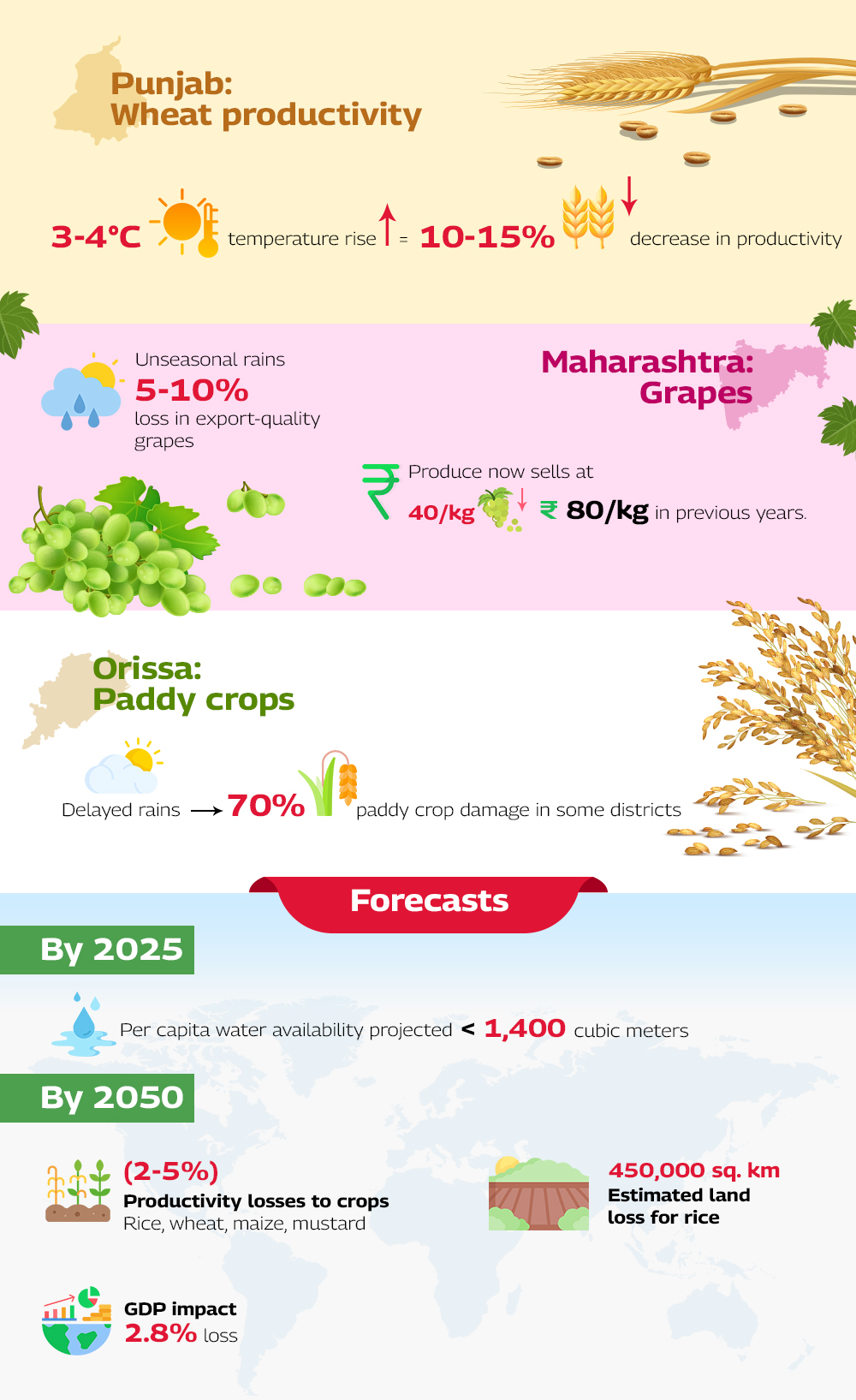
Adaptive strategies
To mitigate climate impacts, various adaptive strategies are essential for Indian agriculture.
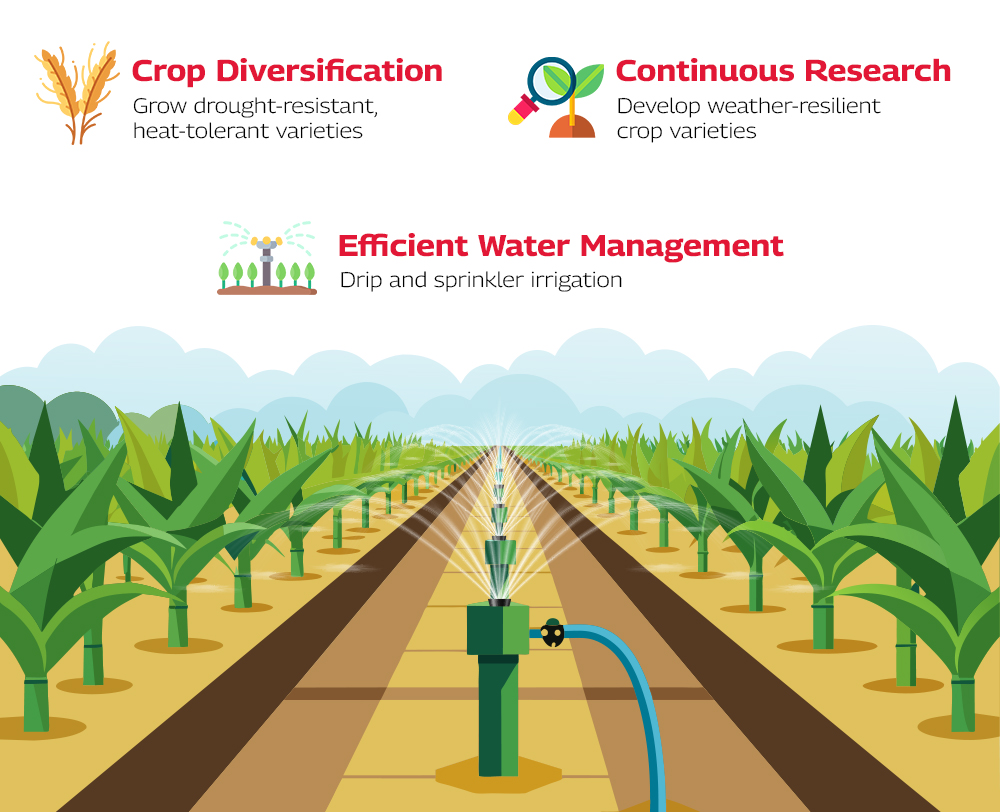
Sustainable agricultural practices
Sustainable agriculture focuses on meeting current food needs while preserving resources for future generations. Currently, we use almost one-third of the planet’s surface to produce food, but by 2050, we will require almost double the food we need today. So, with land acreage remaining the same, the only way to meet future food needs would be to enhance productivity.
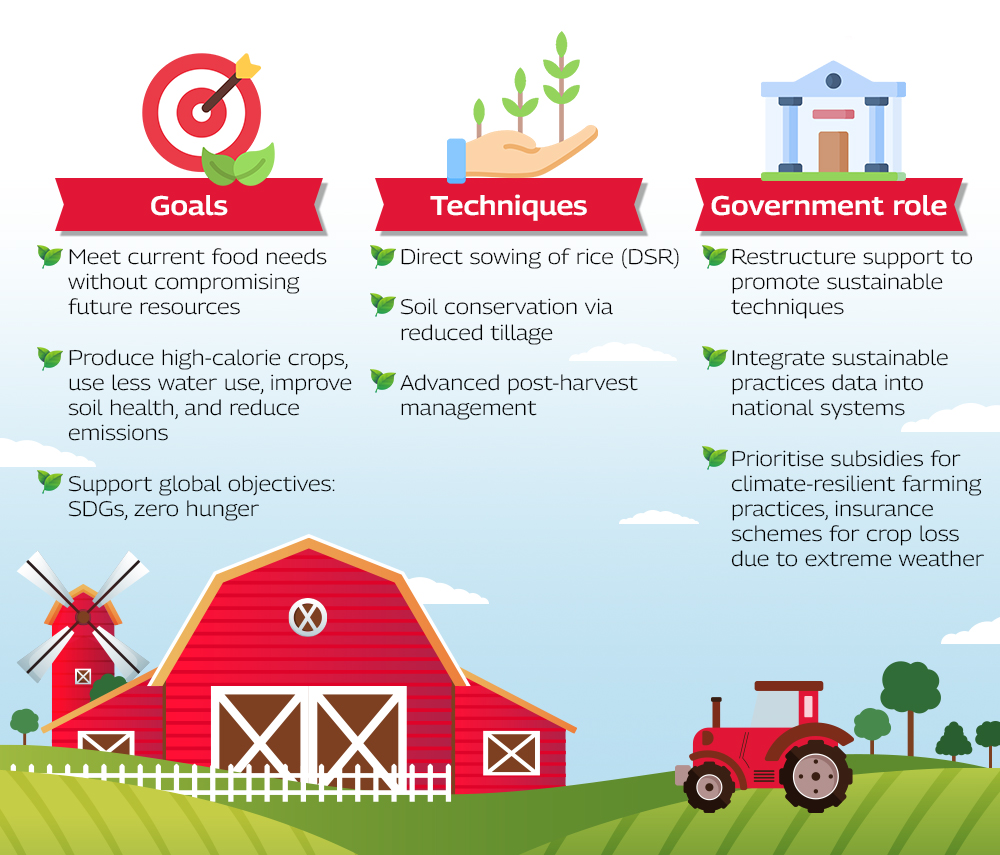
Farm mechanisation
Mechanisation and precision farming are key to improving efficiency and sustainability in agriculture by improving efficiency, optimising resource usage, enhancing crop management, and reducing environmental impact. Efficient mechanisation techniques can ensure uniformity in tasks such as planting, watering, and harvesting, leading to consistent crop quality and less soil degradation.
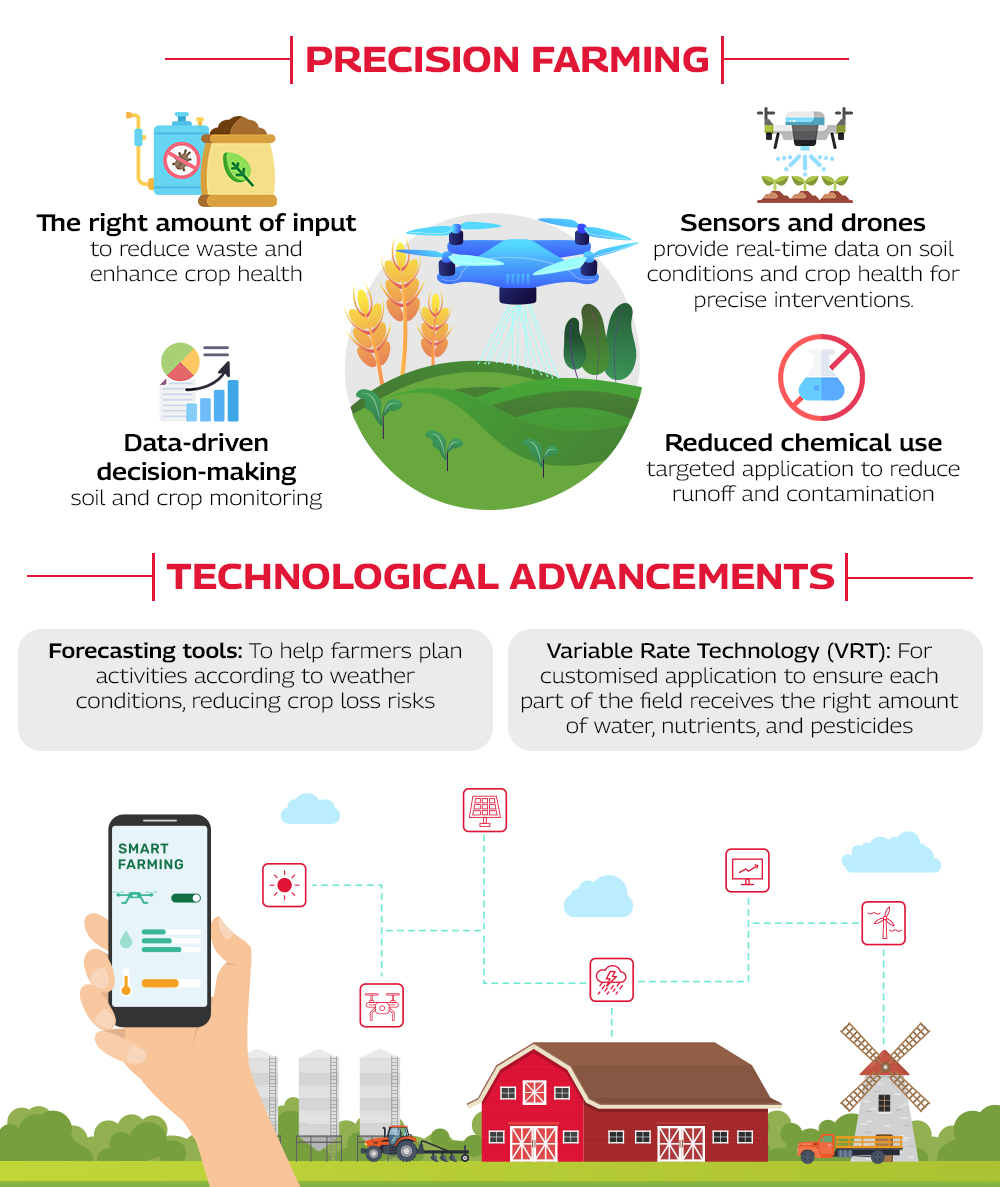
Swaraj’s initiatives for sustainable agriculture
Swaraj is at the forefront of promoting sustainable agriculture through innovative mechanisation and technology.
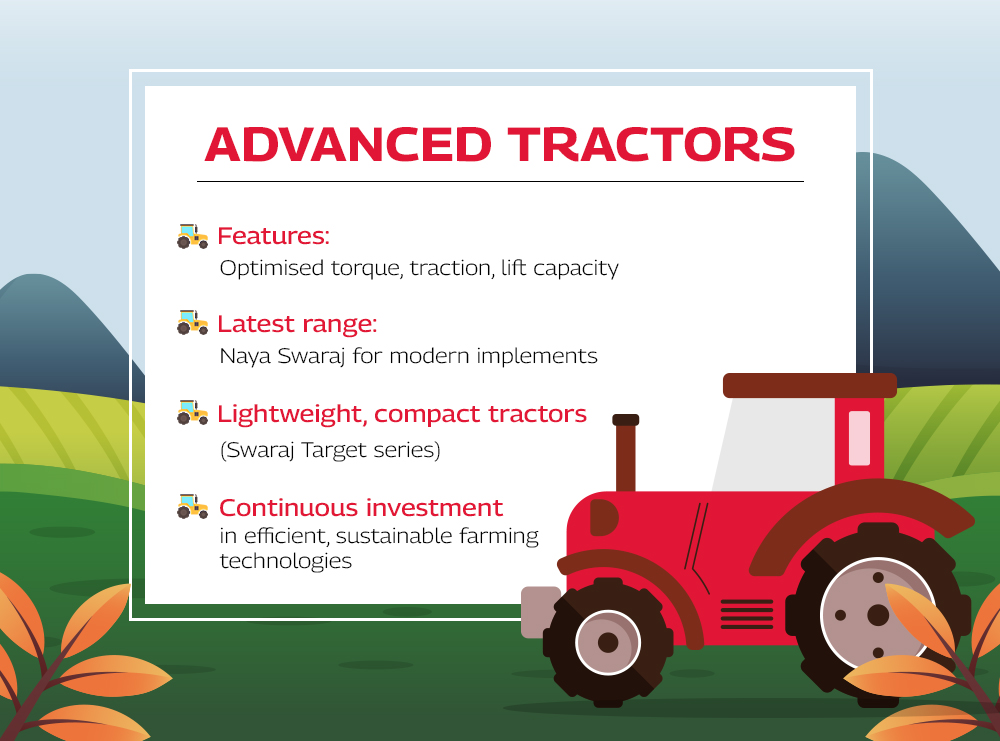
You can also share your thoughts in the Comments section below!




